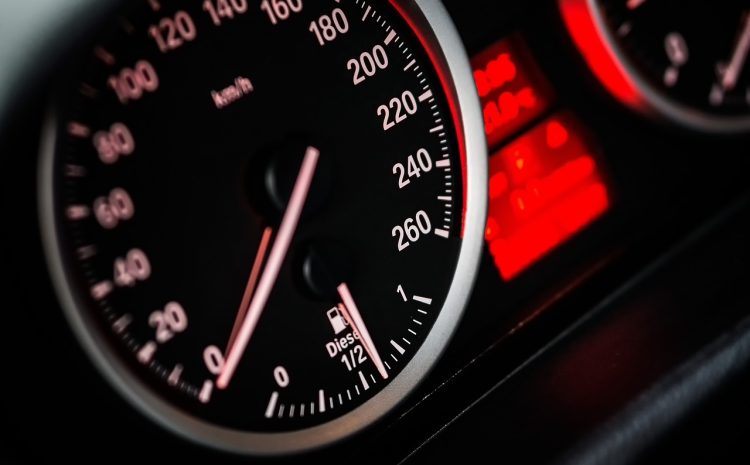
Few Ways To Keep Your Car In Good Condition

Just like we take care of ourselves, eat the right things, and stay in shape, the same basic concepts apply to keeping our cars in the best possible condition. It’s always painful to have to dig into savings to pay for car repairs and even more difficult lately with how the economy is performing. But, to make sure we keep the value of our cars (possibly your most important asset) and minimize repair costs, here are a few simple, easy-to-remember tips on how to keep your car in good condition.
Owning a favorite car for work as well as long trips is no longer too difficult. However, in the process of driving, car owners sometimes forget an extremely important step which is to take care of and maintain the car to help it always operate in the best condition as well as prolong the lifespan of the vehicle. The consequences are that your car is soon degraded, prone to damage to important parts, leading to costly repair costs, losing vehicle value, and no longer ensuring safety for long trips.
1. Check your oil
Oil is the blood of your car, and without it, the car isn’t going to go far or quietly. After a period of use, the oil will be dirty and no longer able to lubricate as well as the original. Therefore, regular oil changes are essential to keep your car running smoothly and more durable. The level of engine oil, transmission oil, power steering fluid, and brake fluid should be checked regularly. If you don’t remember the last time you changed your car’s oil, do it immediately.
Have your mechanic demonstrate how to check your oil properly, and have the oil changed every 3,000 – 3,500 miles. While oil manufacturers have claimed that their oil can last 10,000 miles, it is generally best to use the same oil for no more than 5,000 miles to maximize engine reliability and efficiency over the long term. Check the oil regularly, about once a week, and change the oil or have it changed when you reach the 4,000 – 4,500 mile (6,400 – 7,200 Km) limit.
Remember that periodically oil checks are the key to the “health” of your car. The simplest way to check the oil is that you can do it right at home. Using a clear plastic container, or through an oil dipstick, the antifreeze can be pink, green, or yellow. If you see a brown color, the oil needs to be changed immediately.
2. Maintain brakes in good condition
In the process of traveling in a car, drivers should pay attention to observing whether the car’s brake system is working well or not. And this should form a habit because the brake is a very important part. Taking on the task of protecting the lives of you and the passengers in the car. The braking systems of modern cars are designed to be replaced periodically to maintain maximum braking efficiency. If you notice ANY problems with the brakes, take your car to have the brakes checked immediately. If the brakes fail, you can have a very serious crash.
3. Heed warning signs and regular car maintenance
In order to protect your car, you first need to understand it, more importantly, detect abnormalities warning in your vehicle. Stranger noises smell or anything unusual is some of the signs your vehicle should be taken to a garage for repair.
If your car’s dashboard lights illuminate, give your trusted mechanic a ring. (You can also check your handy owner’s manual too – ”learning the basics about your car and the repairs you need will help establish a rapport and show your mechanic you know what you’re talking about.). Delaying a repair could trigger irreparable damage to the car and result in a painfully more expensive fix.
In order to detect unusual signs earlier as well as take timely preventive measures, we recommend that you take your vehicle to a reputable mechanic for maintenance periodically. Most car owners do not attach much importance to scheduling car maintenance. This makes your car more and more degraded without you even knowing it.
